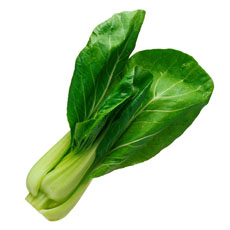National Institutes of Health
- The primary NIH organization for research on Vitamin E is the NIH Office of Dietary Supplements
 A service of the U.S. National Library of Medicine
A service of the U.S. National Library of Medicine  National Institutes of Health
National Institutes of Health
Vitamin E is an antioxidant. Antioxidants are substances that may protect your cells against the effects of free radicals. Free radicals are molecules produced when your body breaks down food, or by environmental exposures like tobacco smoke and radiation. Vitamin E also plays a role in your immune system and metabolic processes. Good sources of vitamin E are vegetable oils, margarine, nuts, seeds, and leafy greens. Vitamin E is also added to foods like cereals. Most people get enough vitamin E from the foods they eat. People with certain disorders, such as liver diseases, cystic fibrosis, and Crohn's disease may need extra vitamin E.
Vitamin E supplements may be harmful for people who take blood thinners and other medicines. Check with your health care provider before taking the supplements.
NIH: National Institutes of Health Office of Dietary Supplements
References and abstracts from MEDLINE/PubMed (National Library of Medicine)
